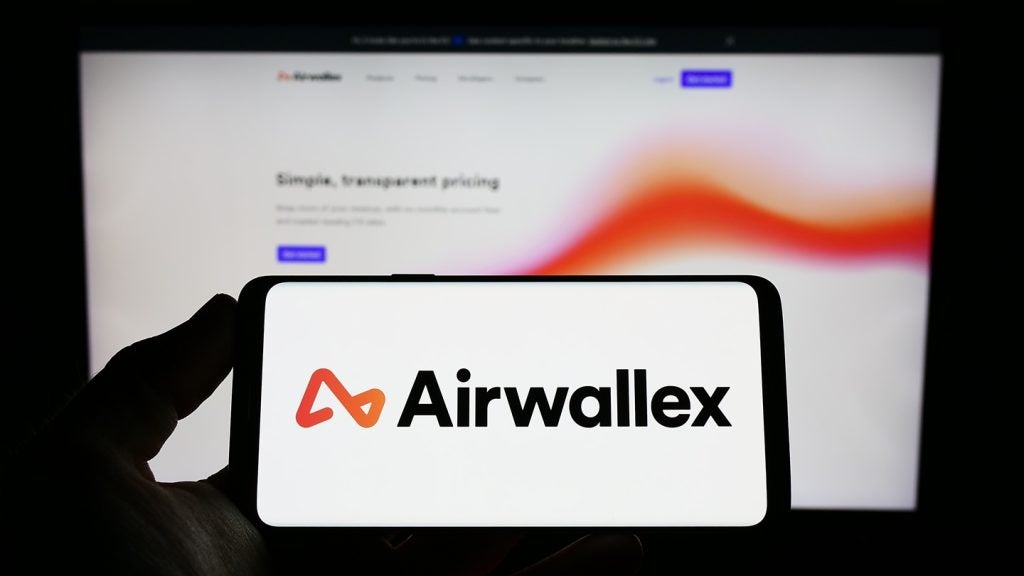
Telling people about your product or service on social media can help you reach more customers. And best of all, it’s low cost and can have a big upside.
If you are in business, then in 2020 your brand should probably be active on social media. The power and reach of social media, to set trends, shape society and even dictate politics and policy is without doubt, but not enough small business owners dedicate enough time to their social media accounts. For some it’s seen as a necessary nuisance, for others it may be a distraction from running the business. But handled properly and with the right approach, social media can be a powerful driver of growth for any small business. Here are some tips to help you up your social game.

Access deeper industry intelligence
Experience unmatched clarity with a single platform that combines unique data, AI, and human expertise.
1. The quick and easy social media playbook
You’ve seen plenty of brands that seem to excel at social media. Whether it’s clever writing, inspiring images or short informative videos, social media offers a range of possibilities for small businesses to reach new customers and keep current customers engaged. Work out who your customers are and where they are most likely to be expecting to hear from you and use that as a basis. It’s fine to surprise and delight in an unexpected channel, but with resources limited this should be an add on rather than a starting point. Get the basics covered and then start to stretch.
2. Choose the right social site for your business
This really is the most important decision for any business engaging in social activity. No two social media platforms address the same customer base. For example, businesses that sell to other businesses may yield much better results from starting a business-focused discussion group on LinkedIn, or perhaps Twitter, while those that sell visually appealing products to consumers may be better of launching an Instagram account. But social is one of the fastest developing areas of the marketing mix and it pays to keep up with new channels as they emerge. Track more established brands in your sector and see where they are putting resource – you can either decide to mirror them or head in the opposite direction, but at least it would be from a position of knowledge.

US Tariffs are shifting - will you react or anticipate?
Don’t let policy changes catch you off guard. Stay proactive with real-time data and expert analysis.
By GlobalData3. Make the most of your time by posting when your customers are online
Different audiences are active on social media at different times and with a rapidly flowing stream of content it is easy for your activity to be missed if it lands at the wrong moment. Experiment with posting at different times of day to work out when your audience is most likely to respond. Each audience is different. For example, some customers may browse social media more during the commute (assuming they are back to commuting) while others are busy at lunch time. And, as Covid-19 and lockdown has shown, watch out for major structural shifts – anyone targeting commuters in recent months has had to rethink.
4. Identify clear objectives and build metrics to help you gauge your success
Knowing what you are trying to achieve is central to understanding how well you are doing. If your objective is getting the word out across as many channels as possible about your business, then having 30,000 people share your posts is great progress. But if you’re using social media to drive sales, then genuine new inquiries about your product, such as ‘where can I get this?’ would be a better performance indicator.
5. Test, review and learn
To some extent, having sprung up relatively quickly and been in a permanent state of upheaval since it did, social media is still growing and evolving. As such, there are few hard, established rules about what will work and what won’t. Periodically checking which of your posts are more successful is important. As is knowing what success means to you. Most social media platforms provide an analytics dashboard that shows which posts get the most views, likes or shares. Once you’ve identified the successful patterns, build a theory for why they were successful and test your theory with more posts.
6. Use organic social media
When building your social strategy, think about the two main ways in which social media works – paid and organic. Paid social media is effectively targeted advertising and can be a good way to guarantee an increase in page followers and website traffic. The social media company will charge you for this targeted advertising, like any media owner. However, over-advertising can prove a nuisance to social media users (who often resent it) and it can also get very expensive, quite quickly. Organic social media may take more of your time and more effort, but apart from that it is effectively free, and the content will always appear on your page. Ideally, a smart strategy would identify when and how you can use the two together.
7. Be yourself
There is little that matters on social media as much as authenticity. Other users are all quick to spot and call out dishonesty or a false voice. Harness your company’s personality – which for a start-up may rely on the founder’s personality – and use it across your social media activity. Focus on what makes your business unique (you’re a flower shop and you do arrangements based on celebrities, for example) and really push that. It’s impossible to overstate – authenticity rules on social sites.
8. Engage with your followers
Social media is not a one-way street. When your followers – and hopefully your engaged and happy customers – send you a message or post something about you and the business, it’s important to engage with them. Likewise, take the initiative and engage with other accounts that mention or tag you in posts. Retweet, like, share and, above all, be social. This will also help break up your own social feeds from becoming overly monotonous and reduce the risk of you slipping into sales mode.
Similarly, if your employees are able to share content or positive news about the business, then retweet them. This makes the account more authentic and also adds more authority to your social accounts, showing that your staff are proud to work for the company.
Small businesses are the foundation of our economy. And whether you’re just starting out or already running your business, Visa are here to help. UAE businesses find out more here and Saudi Arabia businesses find out more here.







